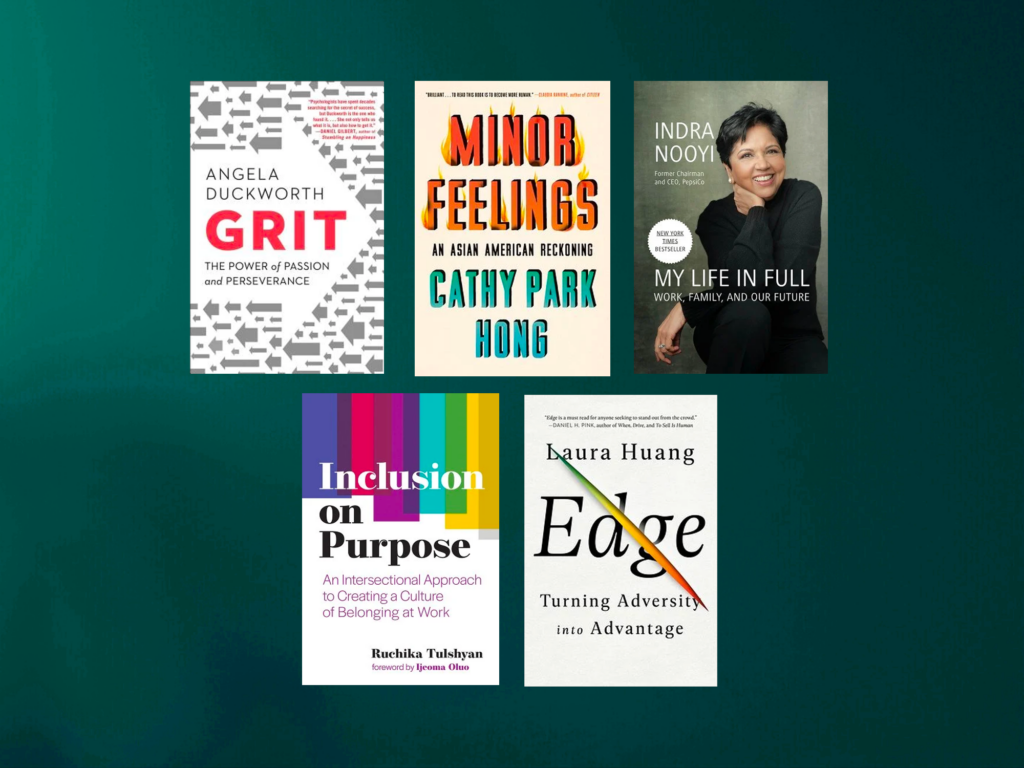Empathy as a key to retaining top talent in the Great Resignation

Empathy as a key to retaining top talent in the Great Resignation
When his oldest son turned seven years old, Art Markman decided to take up the saxophone.
It was not because he was pursuing a professional music career and not because he was bored. It certainly wasn’t because he didn’t already have enough on his plate. It was quite the opposite. As the Vice Provost of Continuing and Professional Education and New Education Ventures at the University of Texas at Austin, Markman got his Sc.B. in Cognitive Science from Brown and his Ph.D. in Psychology from the University of Illinois. With over 150 published scholarly works on topics in higher-level thinking he weighs in on the inner workings of the brain and decisionmaking that surrounds motivation, performance and reasoning. For the span of his career, a shortage of work, projects, or opportunities has not been the issue.
Like many professionals juggling work, life, family and dozens of daily life demands, he realized he had been spending a tremendous amount of time doing things for other people when he decided to pick up a new musical skill. It was time to do something for himself. Fast-forward a few decades, and the pandemic seismically jolted millions of Americans to join in on the practice of looking inward. The cultural reevaluation of life choices, or the “Great Resignation,” confronts the limited time available to make the most out of personal and professional endeavors.
“What happens if you edit your life story in a forward direction is that, at best, your life ends up as you imagined it when the world is way more interesting than what you could imagine,” suggests Markman.
The conclusion millions are coming to? It’s time to call it quits.
The latest U.S. Bureau of Labor Statistics (BLS) employment summary found that the number of hires and quits recorded this April was remarkably high: 6.6 million workers were hired and 4.4 million workers quit their jobs.
Now, leaders are looking for ways to create spaces that inspire rather than burn out their teams. Successful ones aren’t driven just by profit, but by people.
“Developing relationships takes time and effort but doesn’t necessarily reflect itself on the balance sheet. Consequently when you end up focusing primarily on things that can turn into dollar value, those relationships can end up being put into the background,” says Markman.
To avoid dissatisfaction, particularly in the largely hybrid and remote business world, Markman says it’s critical to maximize opportunities for connection in Zoom or Teams meetings by carving out time to hear how colleagues are feeling. Reframing this practice as a necessary team building step rather than off-task small talk is key to creating healthy relationships and supportive work communities.
“Ask yourself as a leader when I have one-on-one meetings, am I seeing how team members are doing? They need to have an opportunity to let management know where stress levels are at before stress manifests itself into a valuable team member walking away,” says Markman.
To retain top talent, team leaders should break away from business as usual and embrace empathy.
“Motivation comes from a gap in your life between where you are right now and where you would like to be,” says Markman.
“As a leader, part of what we are doing when we are trying to motivate people we work with is to help people see those gaps. The problem is, without empathy you can’t know your starting point, so an important part of why I want to empathize is because I would like to help you to be more effective at the work you are doing.”
In his book Brain Briefs, Markman touches on the importance of being open to new opportunities. Management that encourages employees to explore opportunities in and outside of the office could mean the difference between a dedicated worker and a resignation letter.
“By reading things that are unexpected, by taking on projects that you didn’t anticipate working on, by saying yes to things that are offered to you that may not have been what you planned, you open yourself up to the possibility that there is an interesting thing out there that you had not contemplated before that may enrich the way that you see your work.”
Yes, the economy is uncertain. No, that doesn’t mean unhappy employees will stay put.
As talks of a recession loom, it’s important to view the economy as cyclical. While the Federal Reserve has said that it is ready to push the economy into recession to confront inflation if absolutely necessary, it believes that a “soft” or “softish” landing is achievable. Looking toward 2023, nonprofit The Conference Board does not forecast an economic recession but instead anticipates a period of stagflation.
“At the end of the day if you are unhappy it is hard to make up for that with a good salary or anything else. It feeds back on a tremendous amount of the rest of what you do and it is important to try to take steps to align the work that you are doing with your values,” offers Markman.
Empathy as a key to retaining top talent in the Great Resignation

Photo from airfocus







